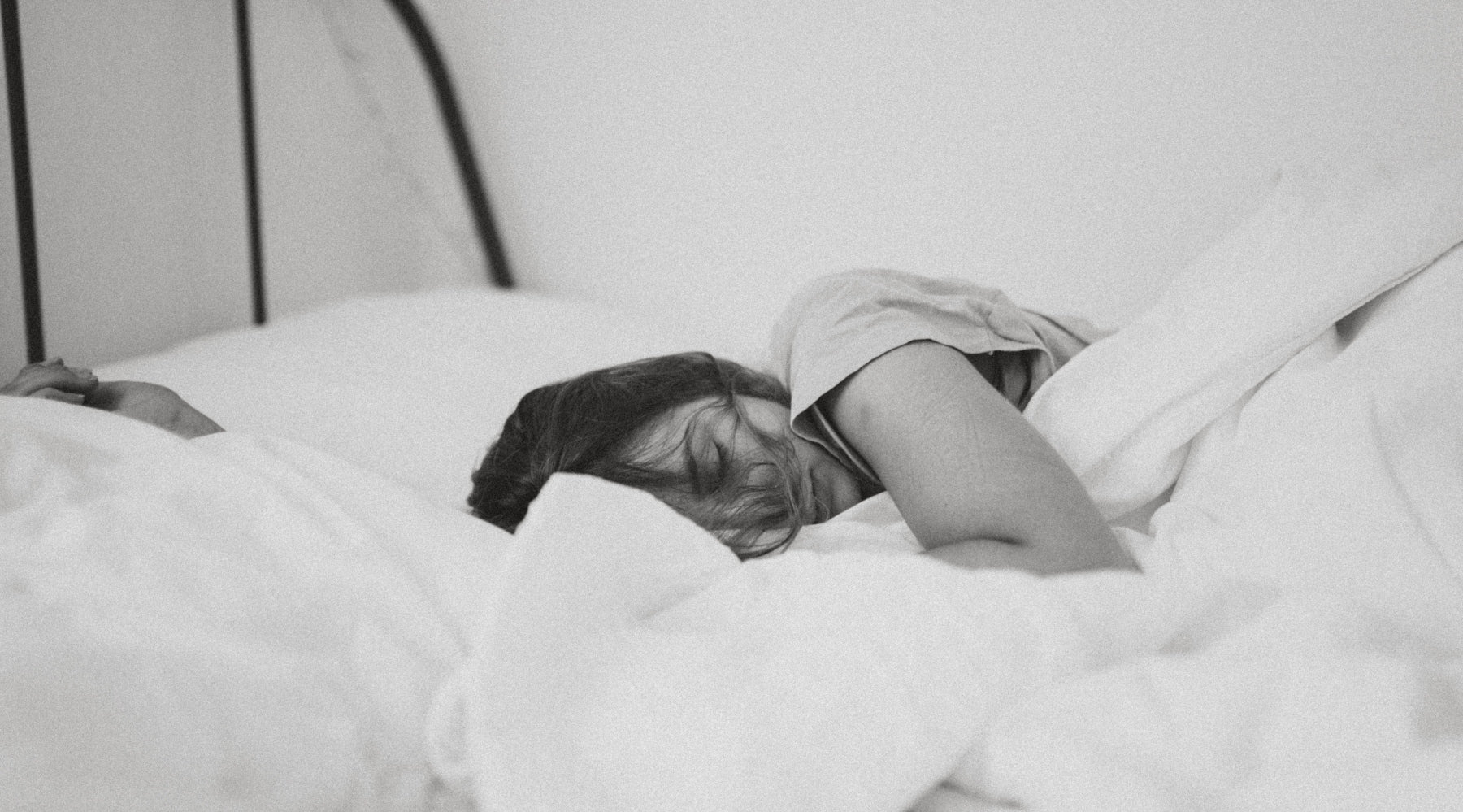
How to Get a Better Night's Sleep
Sleep is vital because it allows our body to regenerate new cells and get ready for another day. Adequate sleep (ideally 7-9 hours) is linked to healthy weight, improved athletic performance, higher social and emotional intelligence, stronger immune system and so much more. Here are a few simple tips to help you maximise your snooze:
1. Create a routine
Keeping a sleep schedule will prove to have significant effects on your quality of sleep and energy levels throughout the day. Although a few changes here and there won’t be detrimental, try to get your 8 hours in the same window each day.
2. Eat sleep-promoting foods
If you struggle to get to sleep at night, try adding foods that are high in melatonin to your diet. These include tart cherry juice, raspberries, goji berries, walnuts and tomatoes. Reishi mushroom and Lions Mane are also great for relaxing the body and promoting REM sleep.
3. Turn your bedroom into a cool, dark cave
Sleeping in cooler temperatures (between 18-20 degrees celsius) helps our bodies settle into a nice deep sleep. This is critical for the rejuvenation process our bodies go through overnight.
4. Treat yourself to a bath
Take your relaxing bubble bath to the next level by adding in some magnesium. Doing so helps relax your muscles and lead to better quality sleep.

5. Keep your gut happy
Serotonin is a hormone that stabilises our feelings of wellbeing and happiness. It's also crucial for a quality sleep cycle. We need to look after our gut because it's where 90% of our body’s serotonin is produced. Consider taking a supplement such as Raw Probiotics Biotic Ferment to your diet. It contains 3 billion probiotics plus prebiotics to support a healthy gut microbiome.
6. Watch the coffee
There’s nothing like a steaming cup o’ joe in the morning. But, it takes around 6–8 hours for our bodies to get rid of the caffeine content in our blood. So, you should switch to non-caffeinated beverages about 8 hours before bedtime.
7. Stop skipping the carbs
Consuming high glycaemic index foods 4 hours before bedtime may help you fall asleep quicker. These foods include white rice, pumpkin, watermelon and dates. Such carbs may boost tryptophan and serotonin, two brain chemicals involved in sleep.
8. Ditch screens before bed
The blue light emitted from phones, TV’s and laptops suppresses the release of melatonin. This important hormone controls your wake/sleep cycle and also your circadian rhythm. So, try to step away from screens at least 30-60 minutes before bedtime.
References
https://www.mayoclinic.org/healthy-lifestyle/adult-health/in-depth/sleep/art-20048379


